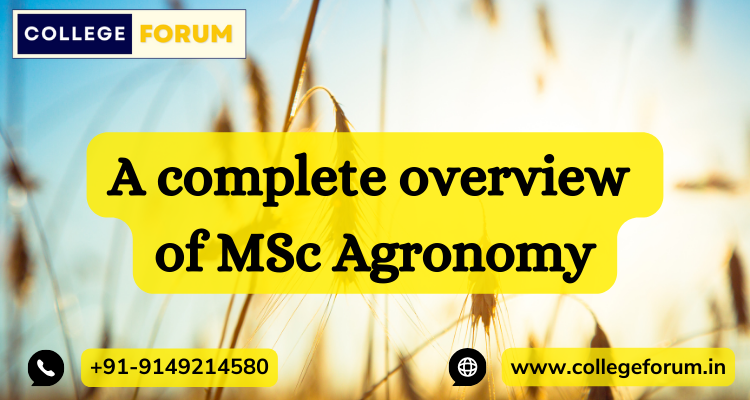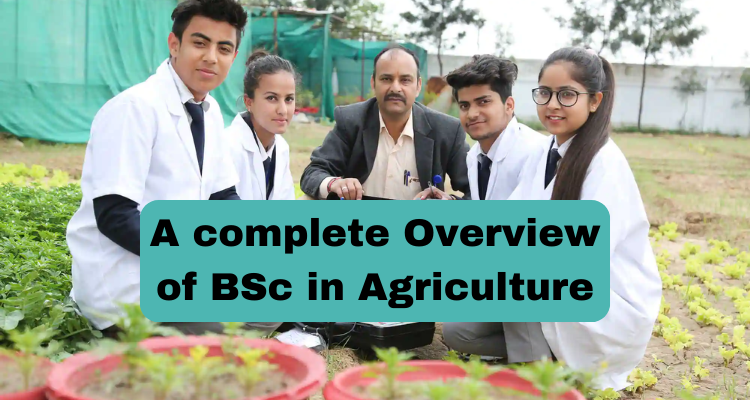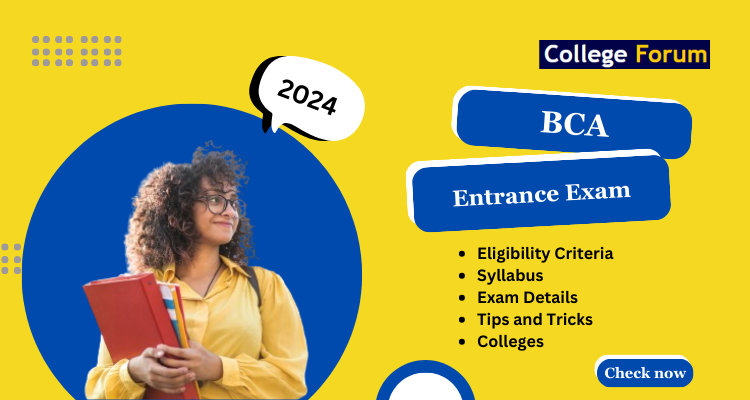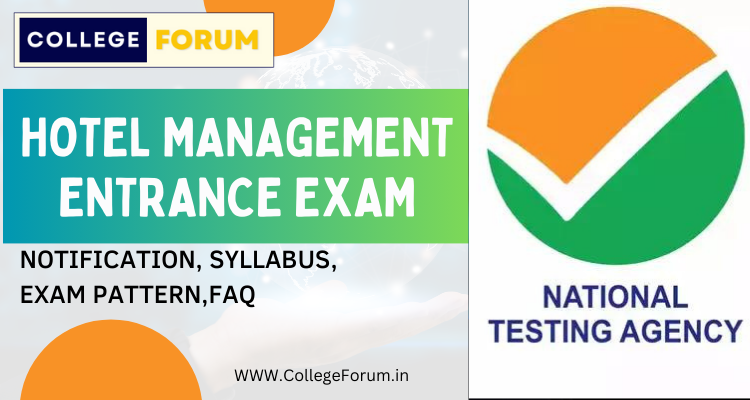Understanding Field Studies of MSc Agronomy
Introduction: In the intricate tapestry of agriculture, where science meets the soil and innovation transforms cultivation, the pursuit of an MSc in Agronomy stands as a testament to a commitment to mastering the art and science of crop production. The Master of Science in Agronomy (MSc Agronomy) is a profound academic journey that delves deep into the principles of plant and soil sciences, aiming to equip students with the knowledge and skills necessary to optimize crop yields, promote sustainability, and address the challenges of modern agriculture. Understanding MSc Agronomy: Agronomy, as a discipline, encompasses a comprehensive understanding of the interactions between crops, soils, and the environment. An MSc Agronomy program is designed to provide students with advanced knowledge in areas such as crop physiology, soil fertility, pest management, and agricultural ecology. The program goes beyond the basics, offering a nuanced exploration of sustainable farming practices, precision agriculture, and the application of cutting-edge technologies in crop management. Curriculum Overview: The curriculum of an MSc Agronomy program is carefully crafted to cover a spectrum of subjects essential for mastering the science of crop production. Core courses typically include topics such as: Crop Physiology: Understanding the physiological processes of plants, including growth, development, and responses to environmental factors, is fundamental to agronomy. Students delve into the intricacies of plant metabolism, nutrient uptake, and hormonal regulation. Soil Fertility and Nutrient Management: Agronomy places a strong emphasis on soil health, and this course explores the chemical, physical, and biological properties of soils. Students learn about nutrient cycling, soil amendments, and sustainable practices to enhance soil fertility. Crop Protection: Managing pests, diseases, and weeds is crucial for ensuring crop health and maximizing yields. Courses in crop protection cover integrated pest management (IPM), pesticide application, and strategies for minimizing environmental impact. Agricultural Ecology: Understanding the ecological dynamics of agricultural systems is essential for promoting sustainability. This course explores the relationships between crops, beneficial organisms, and the broader ecosystem, emphasizing environmentally friendly farming practices. Precision Agriculture: With advancements in technology, precision agriculture has become integral to modern agronomy. Students learn to use tools such as GPS, sensors, and data analytics to optimize farming practices, reduce input wastage, and enhance overall efficiency. Crop Research and Experimentation: MSc Agronomy programs often include a research component where students engage in designing and conducting experiments. This hands-on experience allows them to apply theoretical knowledge to real-world scenarios and contribute to the advancement of agronomic science. Practical Learning and Research Opportunities: MSc Agronomy programs recognize the importance of practical learning and hands-on experiences in shaping adept agronomists. Fieldwork, laboratory experiments, and internships are integral components of the program, providing students with opportunities to apply theoretical knowledge to practical scenarios. Internships with agricultural research institutions, government agencies, or private agribusinesses offer valuable exposure to the challenges faced by the agricultural industry. Students may be involved in field trials, data collection, and the implementation of sustainable farming practices. This practical immersion fosters a deep understanding of the complexities of agronomy and prepares students for impactful contributions to the field. The research component of MSc Agronomy programs allows students to explore their areas of interest and contribute to the academic and practical aspects of crop science. Whether investigating new crop varieties, studying the impact of different fertilization practices, or exploring innovative pest control methods, MSc Agronomy students are encouraged to engage in research that addresses current challenges and advances the field. Sustainability and Agricultural Innovation: In a world grappling with environmental concerns and the need for sustainable practices, MSc Agronomy plays a pivotal role in promoting agricultural innovation that aligns with ecological well-being. Sustainability is woven into the fabric of agronomy, with a focus on minimizing environmental impact, conserving natural resources, and ensuring the resilience of agricultural systems. Agronomists trained at the master’s level are equipped to implement practices that enhance soil health, reduce greenhouse gas emissions, and promote water conservation. They explore methods for integrating cover crops, optimizing irrigation, and adopting regenerative agriculture practices to build resilient and sustainable farming systems. Global Perspectives in Agronomy: Agriculture is inherently global, and MSc Agronomy programs acknowledge the importance of a global perspective. Students are exposed to agricultural practices from around the world, gaining insights into the diverse challenges faced by different regions. This global outlook is invaluable in a world where interconnectedness and knowledge exchange drive progress. International collaborations, exchange programs, and exposure to global agricultural research initiatives contribute to the development of a well-rounded perspective. MSc Agronomy graduates are not only adept in local practices but are also aware of global trends, emerging technologies, and innovative solutions to agricultural challenges. Career Paths and Opportunities: The MSc Agronomy program opens up a myriad of career paths for graduates, positioning them as skilled professionals ready to make meaningful contributions to the agricultural sector. Career opportunities include: Agronomist: Graduates can work as agronomists, advising farmers on crop selection, cultivation practices, and pest management strategies. They may also be involved in implementing precision agriculture technologies to optimize yields. Research Scientist: Opportunities exist in agricultural research institutions, where graduates can contribute to advancements in crop science, soil health, and sustainable agriculture. They may lead research projects, conduct experiments, and publish findings in scientific journals. Environmental Consultant: With a focus on sustainable practices, graduates can work as environmental consultants, assessing the environmental impact of agricultural activities and recommending strategies for conservation and mitigation. Crop Production Manager: Graduates can take on managerial roles in crop production, overseeing farm operations, implementing efficient farming practices, and ensuring optimal use of resources. Agribusiness Specialist: Opportunities exist in agribusiness, where graduates can work with companies involved in the production, distribution, and marketing of agricultural products. They may be involved in sales, market analysis, or supply chain management. Government Positions: Graduates may find opportunities in government agencies related to agriculture, where they can contribute to policy development, research initiatives, and agricultural extension services. Educator/Extension Officer: With a master’s degree, graduates can pursue careers in education or extension services, sharing their expertise with the next generation of agronomists
Understanding Field Studies of MSc Agronomy Read More »







